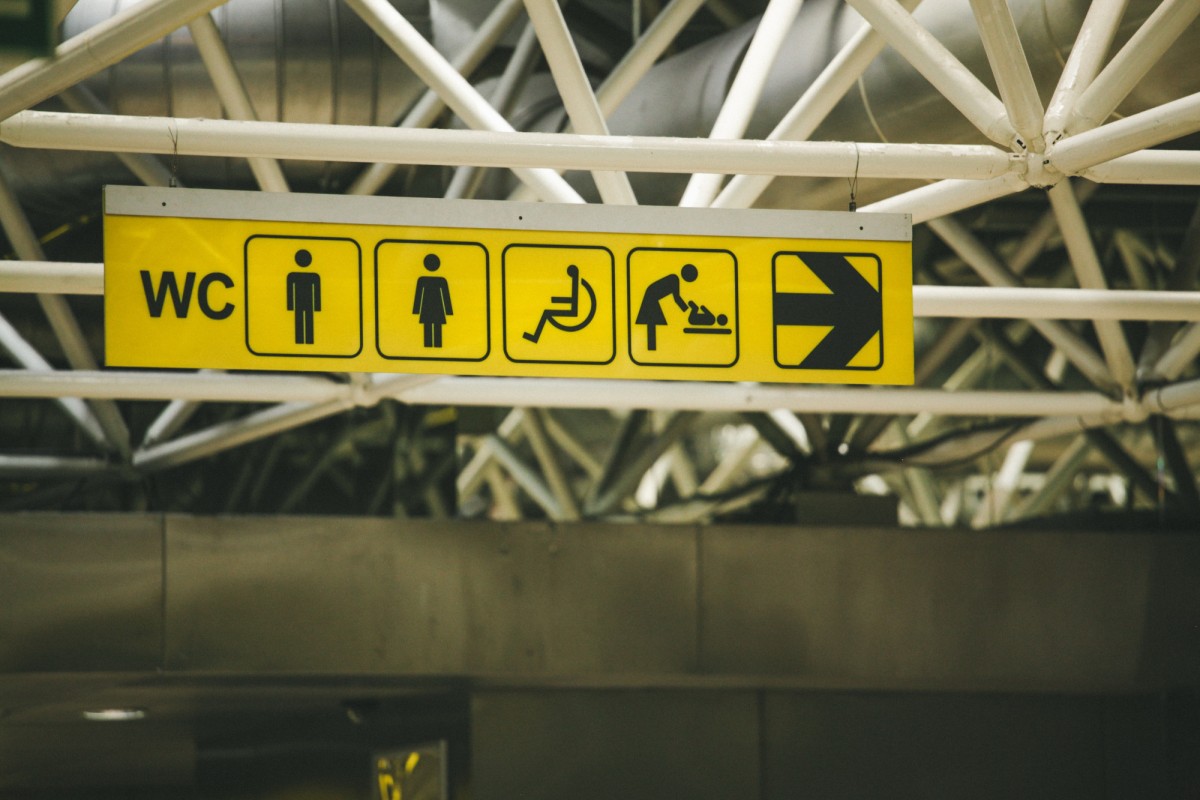
For the first time, the World Tourism Organization (UNWTO) has awarded a distinction to the destination in the world that best promotes accessibility for disabled people and Portugal was the only country that won the award, awarded in collaboration with the ONCE Foundation.
In Europe alone, and according to data from the Portuguese Government, there are 90 million tourists with specific mobility needs. For the Secretary of State for Tourism, Ana Mendes Godinho, quoted in a statement from the Ministry of Economy, this award is "a great boost for Portugal to become the most inclusive destination in the world."
For its part, the Secretary of State for the Inclusion of Persons with Disabilities, Ana Sofía Antunes, argues that it is the recognition of "a solid and structured work" what Portugal has done in terms of accessibility.
Measures to be an international "leader" in mobility and inclusion
The governor, as Lusa says, uses the launch of the “More Access” program as arguments in favor of this recognition, which will support projects to promote accessibility in around 50 municipalities with a total value of 15 million euros, as well as the realisation of Global surveys on the accessibility conditions of public buildings.
The "All for All" program, launched in 2016 with the aim of boosting the Portuguese tourism offer and creating accessible itineraries throughout the country, is another highlight.
According to data from the Ministry of Economy cited by the news agency, so far 116 projects have been supported, which means an investment of 20 million euros and an aid of 14 million euros.
Among them is the creation of access for people with reduced mobility in Castelo de São Jorge, in Lisbon, in the Convent of Christ, in Tomar and in Cavernas Calém, in Vila Nova de Gaia.
On the other hand, in tourism schools, a module dedicated to accessible tourism has been included and, in addition to the Accessible Beach programming, this year the Festivais + Acessíveis program has been launched, which aims to distinguish the events that have "accessibility conditions for people with specific needs".